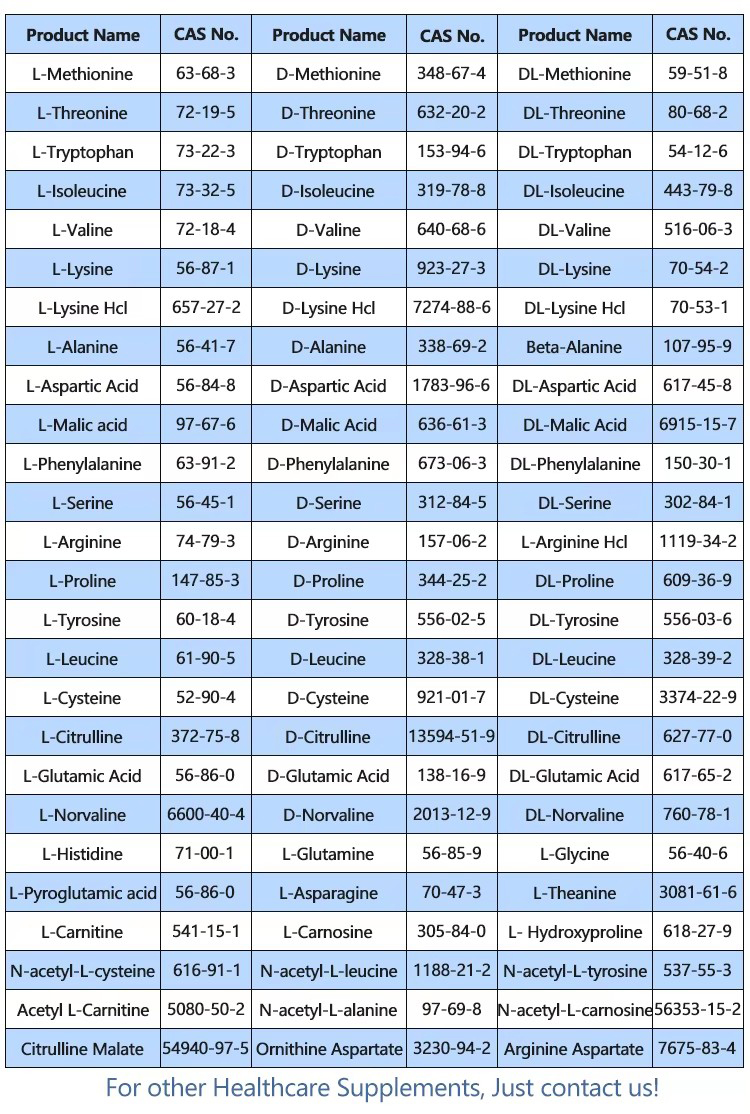N-Acetyl-L-Tyrosine (NALT) is a modified form of the amino acid L-Tyrosine, which is found naturally in the body and is also consumed through dietary sources such as meat, fish, dairy products, nuts, and seeds. Here’s a comprehensive overview based on current understanding:
What is N-Acetyl-L-Tyrosine (NALT)?
N-Acetyl-L-Tyrosine is a more bioavailable form of L-Tyrosine due to its acetylated structure, which enhances its solubility and absorption in the body. It is often used as a dietary supplement for its potential cognitive and physical performance benefits.

Benefits and Uses of N-Acetyl-L-Tyrosine:
1.Cognitive Function:
- Stress Reduction: L-Tyrosine is a precursor to neurotransmitters like dopamine, norepinephrine, and epinephrine, which are crucial for managing stress and promoting mental clarity under pressure.
- Mental Performance: Some studies suggest that N-Acetyl-L-Tyrosine supplementation might help enhance cognitive function, memory, and attention during periods of stress or fatigue.
2.Physical Performance:
- Endurance: N-Acetyl-L-Tyrosine may support physical endurance by aiding in the production of catecholamines, which are involved in the body’s stress response and energy regulation.
- Recovery: It could potentially reduce the negative effects of stress on physical performance, though more research is needed to confirm these benefits conclusively.
3.Other Potential Benefits:
- Mood Enhancement: By supporting dopamine production, N-Acetyl-L-Tyrosine might contribute to a more positive mood and motivation.
- Thyroid Function: L-Tyrosine is also involved in thyroid hormone synthesis, though direct benefits for thyroid health from N-Acetyl-L-Tyrosine supplementation specifically require further investigation.
Safety and Considerations:
- Generally Recognized as Safe (GRAS): N-Acetyl-L-Tyrosine is considered safe for most people when taken within recommended dosages. However, individual responses may vary.
- Dosage: Typical doses range from 300 mg to 600 mg per day, often taken in divided doses.
- Side Effects: Mild side effects such as headache, gastrointestinal discomfort, or insomnia may occur in some individuals, especially with higher doses.
- Interactions: It may interact with medications or supplements affecting dopamine levels or thyroid function. Consultation with a healthcare provider is advisable, especially if you have existing medical conditions or are taking medications.

Conclusion:
N-Acetyl-L-Tyrosine shows promise as a supplement for supporting cognitive and physical performance, particularly in stressful conditions. While more research is needed to fully understand its mechanisms and benefits, it is generally regarded as safe and well-tolerated within recommended dosages. As with any supplement, it’s advisable to consult with a healthcare provider before starting N-Acetyl-L-Tyrosine to ensure it’s appropriate for your individual health needs and to monitor for any potential interactions or side effects.
